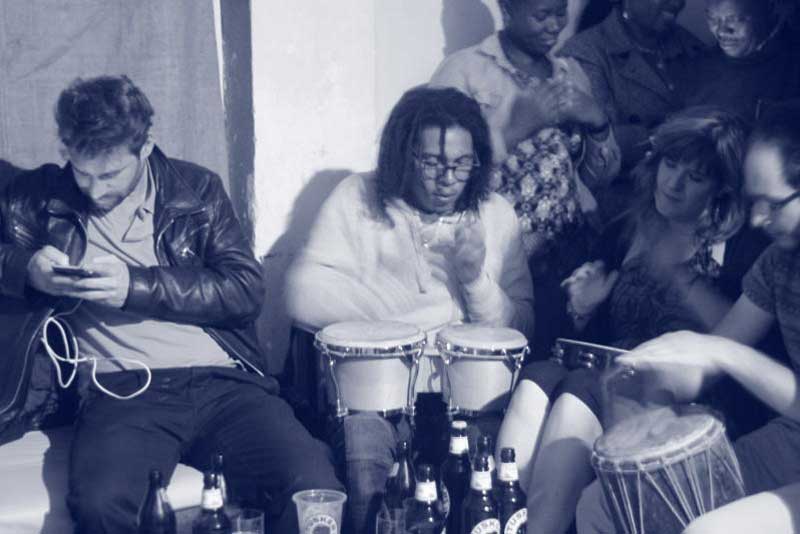×
The Standard e-Paper
Join Thousands Daily

Dagoretti Corner has been, for at least two decades, a flurry of activity bustling with roadside industries of wood, metal, auto and hardware stores by day; and by night, watering holes along the strip are filled with patrons’ cars parked in desolate carwashes.
Although the origins of the Nairobi intersection are somewhat disputed (The Great Corner and Ndegureiti), their narratives align in the reclamation of Dagoretti for its people. The iconic nature of this pivotal trading and meeting point is not under contention.